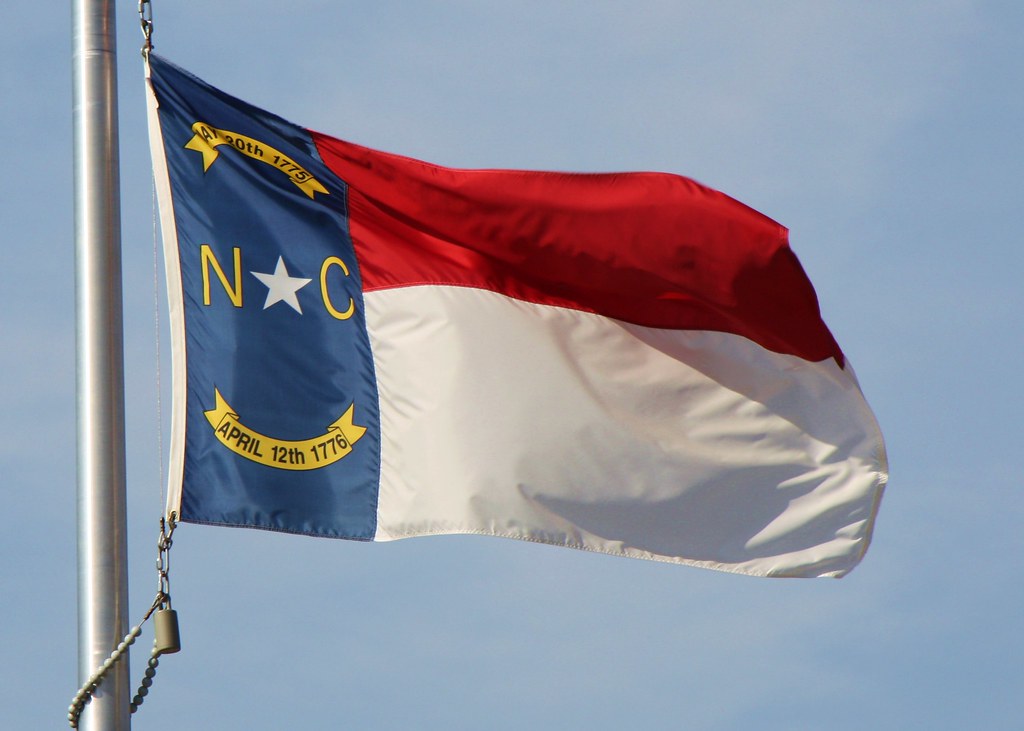
North Carolina lawmakers have introduced bills in both the House and Senate that could result in the state’s treasurer allocating up to 5% of various state retirement funds into cryptocurrencies such as Bitcoin. The bills, titled the Investment Modernization Act (House Bill 506) and the State Investment Modernization Act (Senate Bill 709), were introduced on March 24 and 25, respectively, with the goal of creating an independent investment authority to evaluate which digital assets could be suitable for inclusion in the state’s retirement funds.
The legislation defines digital assets as any electronic asset that confers economic, proprietary, or access rights, including cryptocurrencies, stablecoins, and non-fungible tokens (NFTs). However, unlike other state-level crypto bills, the North Carolina bills do not set market cap criteria for digital assets. Instead, the newly formed North Carolina Investment Authority will need to carefully assess the risk and reward of each digital asset before allowing them to be included in retirement funds. The assets will also need to be stored securely in a custody solution.
The bills do not require the state to hold Bitcoin or any other digital asset long-term, as indicated by Bitcoin Laws on X. House Bill 506 is not designed as a Bitcoin reserve bill, meaning the state’s investment authority is not mandated to make long-term Bitcoin holdings.
Bitcoin Reserve Bills and Other Crypto Legislation
North Carolina is not the only state exploring cryptocurrency investments. Earlier this month, the state introduced another bill, Senate Bill 327, known as the Bitcoin Reserve and Investment Act. This bill calls for the treasurer to allocate up to 10% of public funds specifically into Bitcoin. The bill, introduced by Republicans Todd Johnson, Brad Overcash, and Timothy Moffitt, aims to strengthen North Carolina’s economy through Bitcoin investment, designating it as a “financial innovation strategy.”
The Bitcoin Reserve bill also requires the Bitcoin to be stored in a multi-signature cold storage wallet, with liquidation only allowed in the event of a “severe financial crisis” and approval from two-thirds of the General Assembly. Additionally, the bill proposes the creation of a Bitcoin Economic Advisory Board to oversee the reserve’s management.
As of now, 41 Bitcoin reserve bills have been introduced at the state level across 23 states, with 35 still active. This follows a broader push for state-level cryptocurrency initiatives, with U.S. President Donald Trump signing an executive order earlier this month to create a Strategic Bitcoin Reserve and Digital Asset Stockpile using forfeited cryptocurrency from government criminal cases.
Author’s Opinion
While North Carolina’s initiative to explore cryptocurrency investments in state retirement funds is a positive step towards financial innovation, the lack of market cap criteria and long-term strategy poses significant risks. The volatile nature of cryptocurrencies means the state should proceed cautiously, ensuring proper oversight and a robust risk management plan to protect citizens’ retirement funds. It’s important to strike a balance between exploring digital assets and ensuring that the retirement funds remain secure and stable in the long term.
Featured image credit: Mr.TinMD via Flickr
Follow us for more breaking news on DMR
